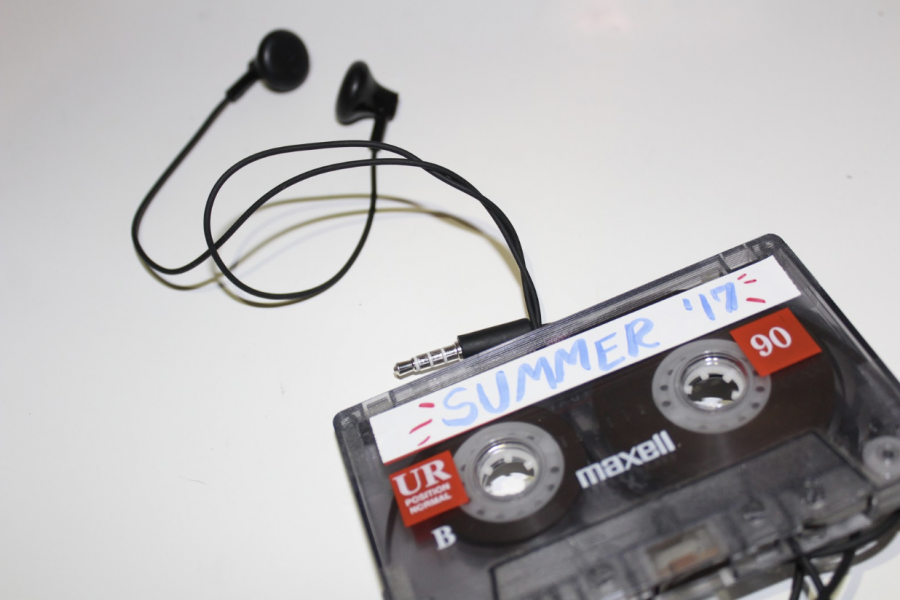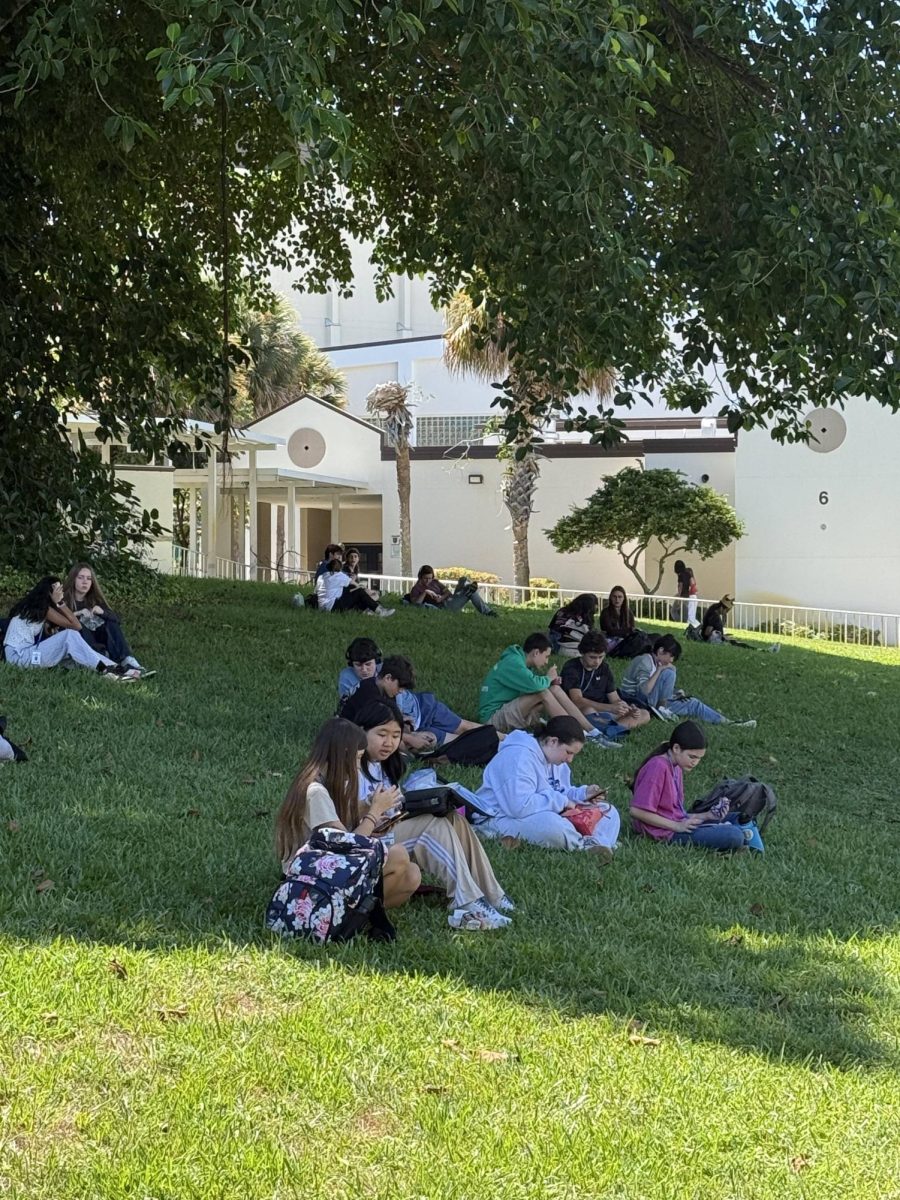Senioritis; it’s the on-going issue that each student is warned about when entering their high school years. The decline in motivation does not usually occur until college applications are submitted and the second semester begins. Whether the individual fails to complete assignments, appear in class, or study for students as the date of departure creeps closer.
While defined by Urban Dictionary, the Huffington Post, and the Merriam-Webster dictionary, the idea of senioritis is simple and represents the difficulty of providing effort towards the final quarter of the school year.
“[It’s] reaching the point where one just becomes completely done with school and everything related to it,” theatre senior Keshin Martin said. “I’ll recognize that I have an assignment, but I won’t complete it until the night before. Some people just won’t do the assignment at all.”
For many, senioritis was always considered to be a hypothetical topic rather than a common disease that plagues high school seniors who are then overwhelmed with various symptoms lasting until graduation day.
“During the years that I was an underclassman, I always heard the seniors nagging about how they just want to go home, take a nap, and eventually graduate. I didn’t really believe senioritis was a thing until now, as I’m currently standing in their places, making a run towards the parking lot as soon as the dismissal bell rings,” vocal senior Christian Ucelo said.
This so-called epidemic of deficiency in accomplishments not only has an effect in school, but can also be taken to a more serious level. According to College Board, “Colleges rescind offers of admission, put students on academic probation or alter financial aid packages as a result of senioritis.”
“Because of the known possible consequences, I have tried to stop procrastinating but have failed miserably on that, so then I try telling myself that I only have a few more months left of school,” communications senior Mariana Pesquera said. “But it comes a point in the school year where you just don’t care about that B in A.P. Literature anymore.”
With only a month of school left for seniors, many tend to struggle with the idea of skipping class to get a jump start on the weekend’s rest rather than sit through an hour and a half of an academic class.
“I take my best shot at overcoming senioritis by really trying to isolate myself from any noise while doing an assignment. I feel a lot more focused when my surroundings are quiet,” Martin said.
Out of school, the effort lacks greatly. But while in school, the feeling of aimlessly wandering off to the following class without checking over the agenda of upcoming events, exams, and assignments due occupies the majority of the senior class.
“I knew senioritis had gotten the best of me when someone asked me if we had a test and instead of worrying about it, I just laughed and gave them the most clueless, carefree shrug of my life,” Ucelo said.
As most students are content with the feeling of not being overwhelmed this last quarter, the ability to continue their studies at college still remains achievable. The plague, influenza, chronic disease, or most commonly known as senioritis has made its way through the halls of millions of high schools throughout the nation as the universal question of “Do I really need to study?” remains unanswered through the opinions of soon to be graduating seniors.
“I don’t think senioritis has affected students as much this year compared to the past because we are all still trying to pass high school,” Pesquera said. “I think it has actually gone down through the years due to the rise in competitiveness in order to get into a good college.”





















































